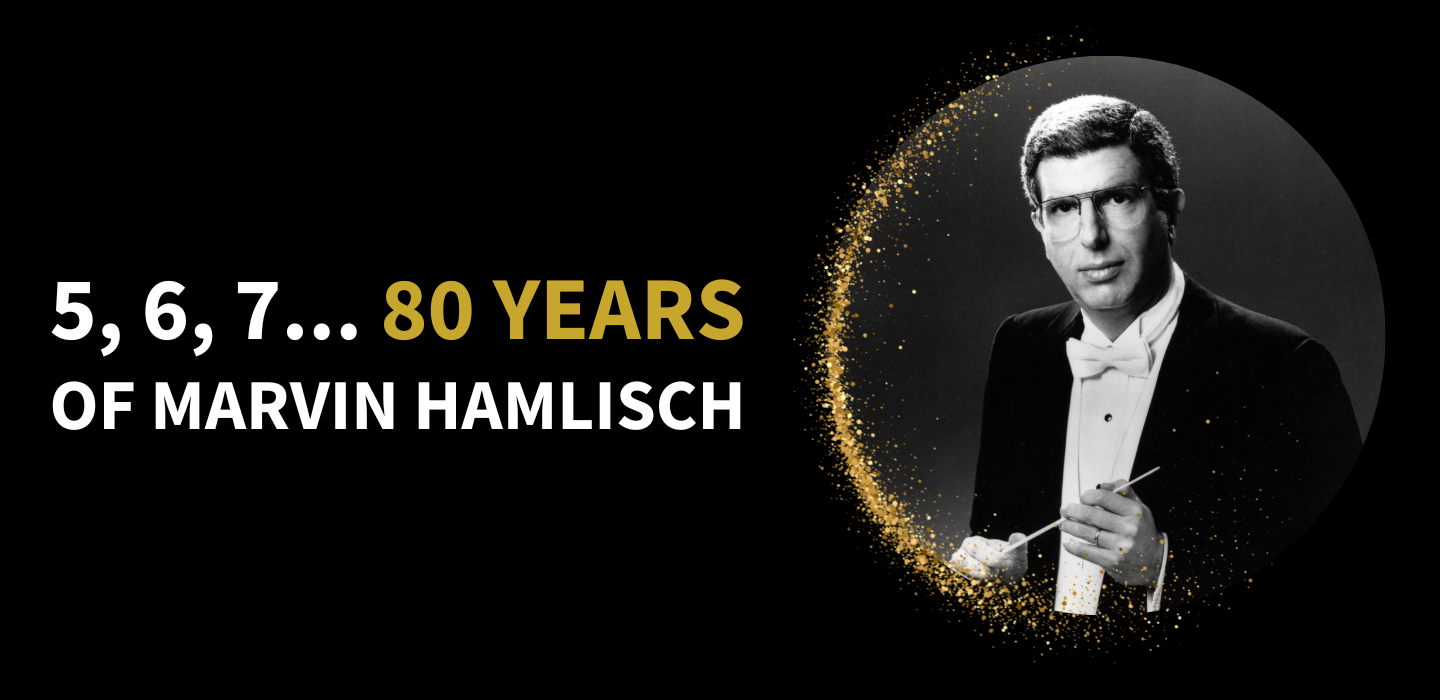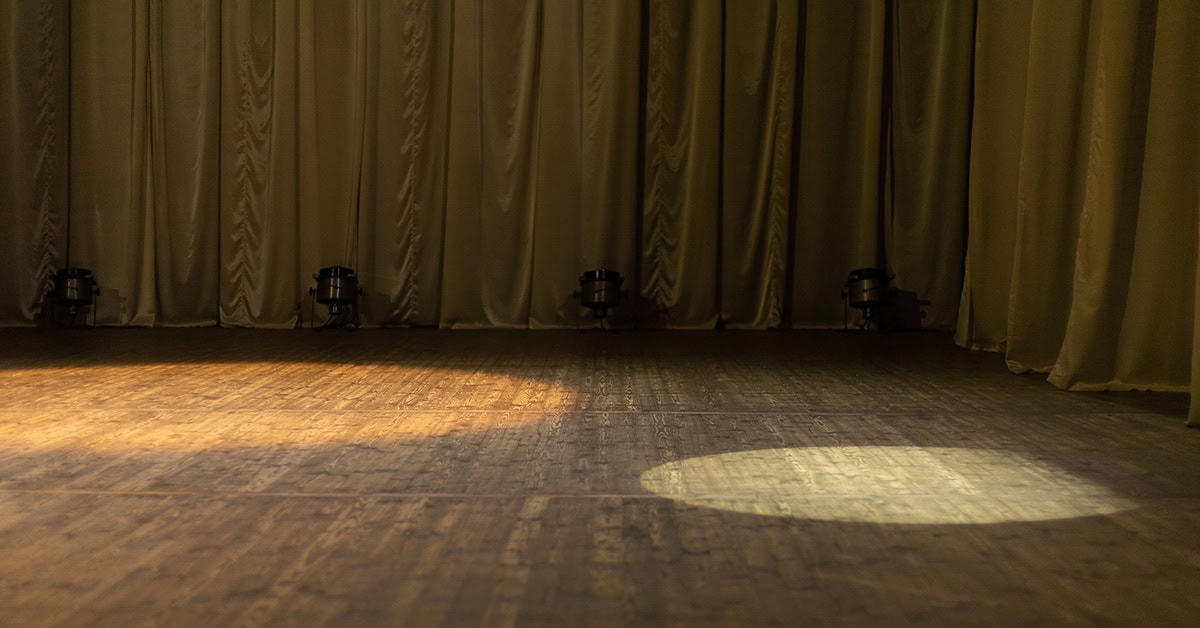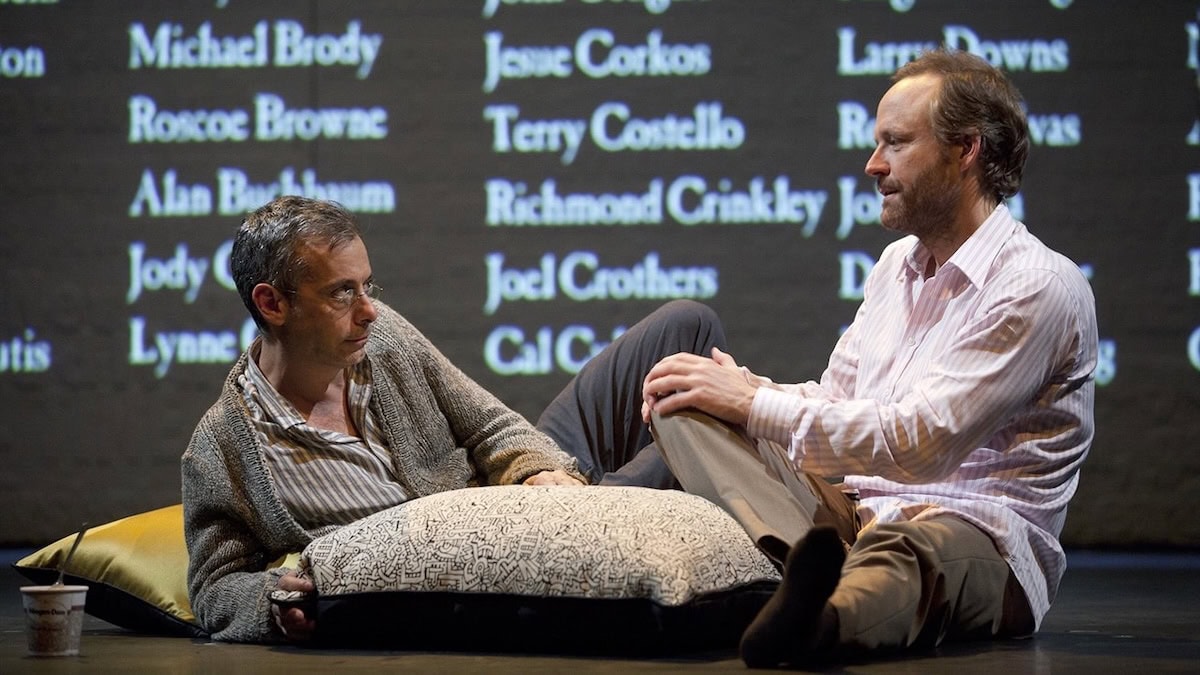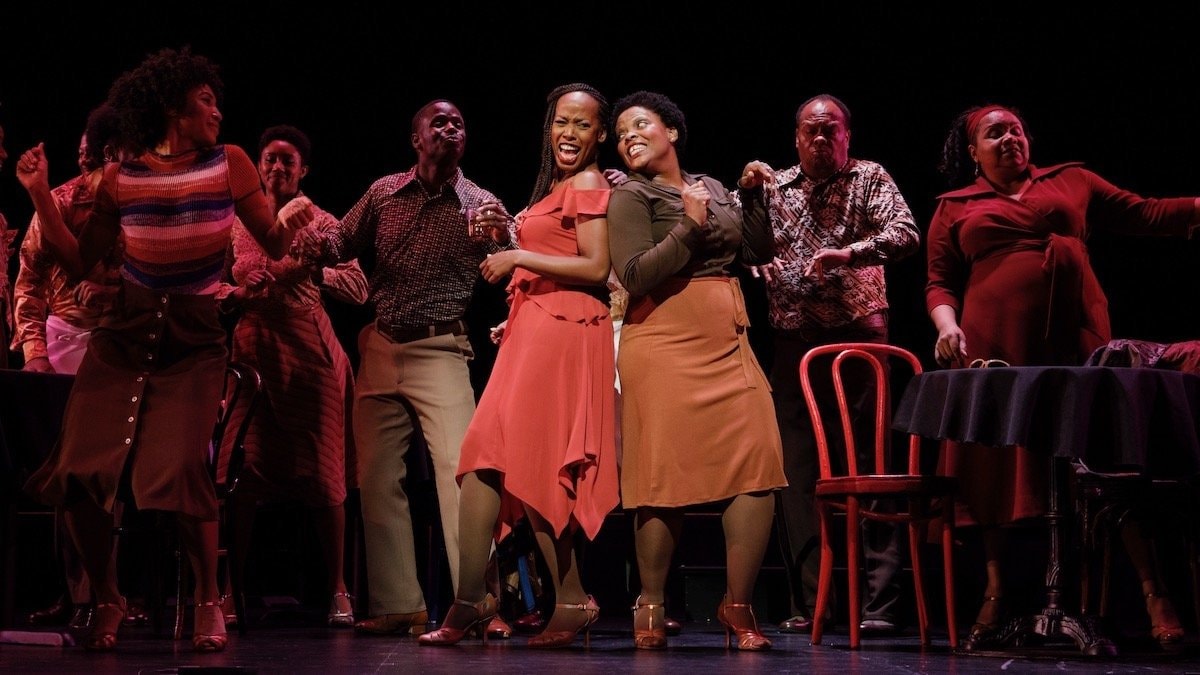
Marvin Hamlisch wasn’t a typical composer. He wasn’t a typical anything. He was a child prodigy who was composing piano etudes at Julliard at six, and who broke Academy Award records before he turned 30. 2024 will mark the 80th anniversary of Hamlisch’s birth. Concord Theatricals is preparing a celebration of his extraordinary life and enduring career: 5, 6, 7… 80 Years of Marvin Hamlisch. What better way to uphold his legacy than by filling the world’s finest concert halls with his music?
Over his four-decade-long career, Hamlisch composed more than 40 film scores, including his Oscar-winning score and song for The Way We Were, and his adaptation of Scott Joplin’s ragtime music for The Sting, for which he received a third Oscar. On Broadway, he composed the smash hit A Chorus Line (US/UK), which received the Pulitzer Prize and is still performed on stages around the world today.
To prepare for this monumental anniversary, we spoke with Marvin’s wife, Terre Blair Hamlisch; arranger Daniel Capelletti; and two of Marvin’s close musical collaborators, J. Ernest (Ernie) Green and Todd Ellison, to discuss this iconic composer’s enduring legacy.
Marvin’s versatility as a composer allowed him to excel in all facets of the entertainment industry. So, put simply: what set Marvin apart?
ERNIE: First and foremost, Marvin was an incredible musician who knew the music that preceded him. He could talk about Mozart, Beethoven and Schubert as readily as he could talk about Cole Porter and Gershwin. He channeled his vast knowledge of music into his own work.
TODD: He was a classically trained pianist. He loved all kinds of music. From a young age he was exposed to classical and jazz and Broadway, film music, pop music. It’s not surprising that he moved so easily within all of the genres.
TERRE: Marvin himself attributed his success to his “keeping going” – his tenacity and fortitude. He believed life was a book and not a chapter. His genius allowed him to compose different styles of music. You could never limit his talent to one format. It was too expansive. Too broad.
ERNIE: It was Marvin’s holistic approach to composing that has made his music timeless – and even today, decades from when it was created… timeless!
I’ve always said: walk up to anyone on the street and hum the first bar of “The Entertainer” and they can hum the next bar back to you. That’s because of Marvin! And that’s just one example. Can you discuss some of his most memorable works that have had a lasting impact on popular culture? How do you think his music continues to connect with new generations?
TERRE: It’s true, we would walk in the streets and people would hum “The Entertainer” all over the world. He was instrumental in bringing attention back to Scott Joplin’s music and the genre of ragtime after adapting it in his score for the film The Sting.
ERNIE: He had this ability to write a melody and fit in the harmony underneath it in a way that makes that tune instantly recognizable. I can still see the final scene of the The Way We Were as the title music swells, inextricably fusing that melody to that moment on screen. One of the most memorable works that Marvin wrote is A Chorus Line. When Marvin set the raw and emotional stories of the dancers that were the basis of the script, he did it in a way that was powerful and at the same time tender. With songs like “One,” “At the Ballet” and, of course, “What I Did for Love,” he showed his gift for setting emotional ideas without becoming saccharine – not a small feat!
To that end, Concord Theatricals recently commissioned the A Chorus Line Symphonic Suite with arranger Daniel Capelletti. Daniel, tell us your process of adapting it. How did you approach working on this iconic musical theatre score?
DANIEL: It’s important to find the right balance between a faithful rendering of the original content and spirit. It was implicit that Marvin’s music should remain the absolute and permanent thread running through my work.
It’s always a great pleasure to write for the orchestra, which I think is the most beautiful tool a composer has. Starting from the original pit orchestra version and developing it to take full advantage of the expressive potential of the symphony orchestra is an arduous and painstaking task – but so satisfying because of the universe of possibilities it opens up!
An important part of my work was to convert the vocal lines into instrumental versions. In a musical, the role of the voices is paramount. Not only are they responsible for most of the narration, but they’re also the ones who personalize the melodies and really inscribe them in the listener’s memory.
Todd, you were recently in Prague working on the studio album for The Nutty Professor. Why are you excited for this music of Marvin’s be available to a wider audience to hear?
TODD: This score meant a lot to Marvin. He would’ve been so pleased. We recorded the music with the City of Prague Philharmonic. We had 60 musicians playing this wonderful score. Marvin would’ve loved it. To hear all those strings playing his melodies, soaring over the brass and woodwinds brought tears to my eyes. It’s so evident on many of the songs, including “Stella” and “While I Still Have the Time.” I’m thrilled everyone will finally be able to hear and enjoy this score with its fabulous lyrics by Rupert Holmes. This is one of the best scores he’s ever written, there are several absolute showstoppers within it, and I’m so happy that everyone will finally have the chance to hear it.
Are there any special memories that come to mind when you think about these experiences working with Marvin?
TODD: Working with Marvin meant that planning where we would eat lunch was just as important as the work being done in rehearsals. Food was important to him, as was storytelling. At the time he was the Pops Director of seven orchestras across the country and he had programming to fill. Rupert Holmes told me that he would call Marvin and say, “Where are you?” and invariably it was always a different city than the last time they spoke, even if it was less than a week ago. He was always traveling. If there was a weekend where he had nothing booked, he would call his agent: “Why am I sitting at home this weekend?”
ERNIE: Marvin was one of the kindest, most generous people I have ever known. He was a colleague and a mentor, but mostly he was a friend. This is a special year, but it is also bittersweet because I know that Marvin would be having a blast if he was here with us celebrating!
As we celebrate the 80th anniversary of Marvin’s birth, it’s evident that his legacy endures. How have contemporary composers, musicians and artists been influenced by his work?
TERRE: He wrote very strong original melodies. He used to say that’s the hardest thing to write – an “original melody.” It was easier to write something that was self-consciously trying to be smart. Pure original melody was tough. There is something about these melodies that may seem simpler at first, but they are complex and brilliant. They linger and resonate in your mind and heart. It shows all the Juilliard classical training with his original voice.
ERNIE: Starting with A Chorus Line, Marvin pushed the envelope in terms of the way that music for the theater had been written. He challenged the audience to follow him on the journey instead of keeping it simple and comfortable, by writing music that engaged us and made us want to go on the journey.
Composers who followed him began to write music that pushed the boundaries as well, creating music that was harmonically and melodically challenging to perform and listen to, and as a result he brought about significant changes in the American theater. I truly believe that if Marvin had not written A Chorus Line we would not have musicals like the ones we see on Broadway today.
What’s your favorite Marvin Hamlisch tune?
TODD: I have so many. “No More” from The Goodbye Girl (US/UK). “Dreamers” from Jean Seberg. The next classic hit “While I Still Have the Time” from The Nutty Professor.
DANIEL: “At the Ballet” touches me especially. It’s sublime!
ERNIE: Right now I am on a Sweet Smell of Success (US/UK) binge and I am loving “At The Fountain” and “I Cannot Hear The City.” It is a perfect musical representation of New York in the middle of the night. Every time I hear it, I can see the streets gleaming from rain that just fell. This music is so vivid I can almost smell the rain on the streets.
TERRE: It vacillates and changes with where I am emotionally. I have always loved “The Way We Were” and the cello solo from Sophie’s Choice. Probably at the moment, “That’s How I Say Goodbye” from Sweet Smell of Success and “While I Still Have the Time” from The Nutty Professor, for obvious reasons.
So, it’s a wide range!
TERRE: He leaves us with the soundtrack of our lives.
To license a production of a Hamlisch musical, visit the Marvin Hamlisch Collection at Concord Theatricals in the US or UK.

Recommended Shows for Drama Festivals

The Truth Behind… The Normal Heart

